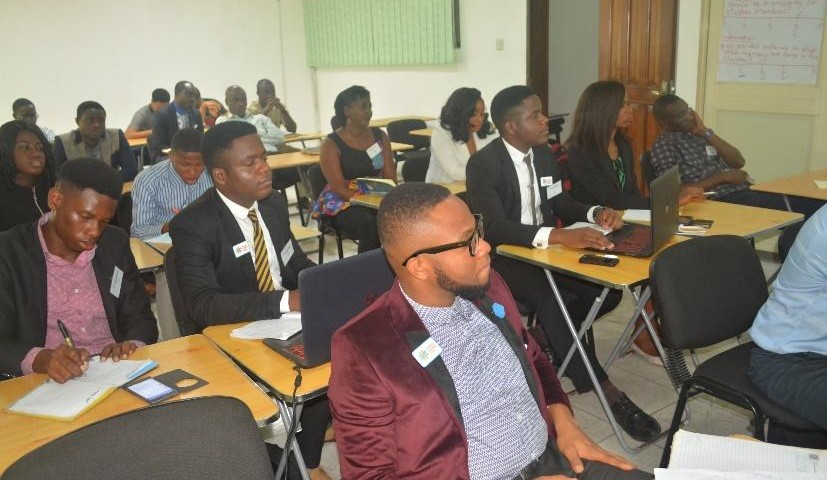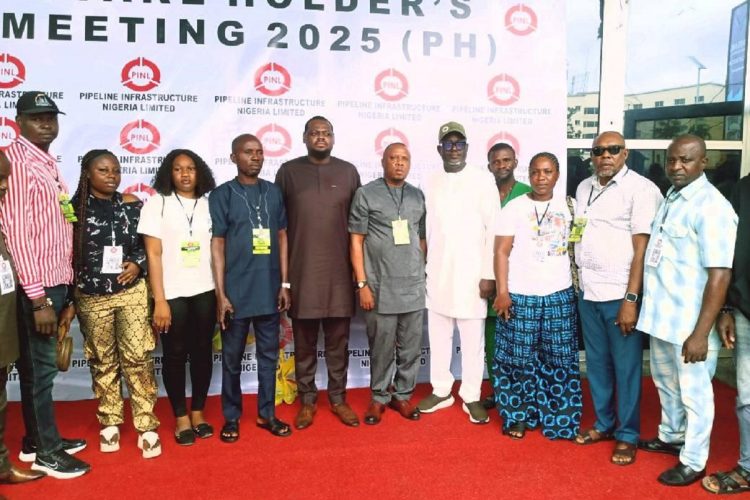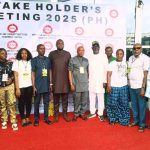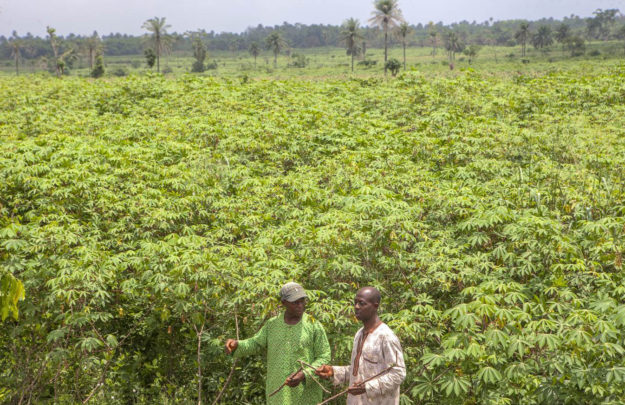
Heritage Bank, Biase Plantations sign N232 million Agreement
July 17, 2017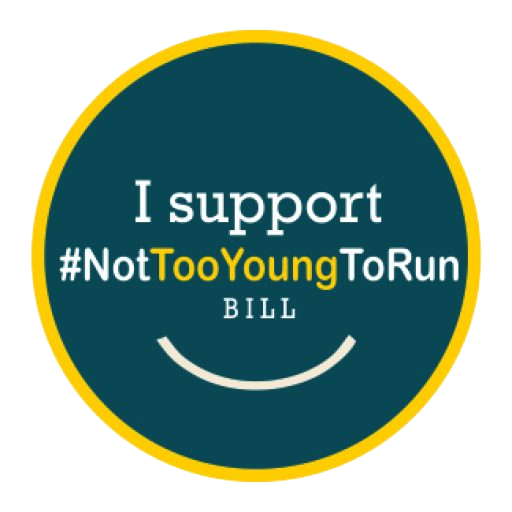
#NotTooYoungToRun Bill
July 28, 2017Written by Esivi Wali,
In line with the ongoing review of the 2009 National Youth Policy, Youth in Rivers State convened at the Dialogue organized by The Centre for Entrepreneurship in partnership with NDLink on July 4th, 2017, to share their opinions, also to influence the review. The Dialogue was inclusive as the special needs youths were also incorporated. Disability only means Don’t- ignore- special abilities.
Panellist Mrs. Bitebo Gogo, Executive Director, Keeping It Real Foundation, set the tone of the dialogue as she called out on the ambiguity and verbosity of the document in comparison with other Youth Policies. She [Mrs. Gogo] added that the document is discretionary and it should take a right based approach.
Other members of the panel were Dr. Mina Ogbanga, Mandy Stuart, a Rep. of the Ministry of Youth Development, Rivers State, Enoh Ogbevire, a broadcaster with Nigerian Info Radio Station, Mr. Ignatius Chukwu, a Business Expert, who also served as the Chairman of the Panel.
One of the major talking points was the Nigerian Educational System and its role in Youth development.
“what I expected to learn in the university was far from real life, the gap renders a lot unemployable”– John Abraham
He[Abraham] added that Quality Education( SDG Goal 4) is the foundation of development and that the educational curriculum should be reviewed constantly to match up with the global trends.
Education is the bed rock of the society it is much more than just School. It should be viewed as a lifelong learning process.
One of the participants Mr. Austin suggested that an alternative educational system be adopted as it would be more robust and would make room for the all-round development of the Nigerian Youth. He also added that Entrepreneurship education and leadership should be fully introduced to the educational system.
Another talking point was the definition of the youth age. At what age should an individual be considered a Youth? At What age should a youth be allowed to vote, drive? 15-35, 15-40, 18-40. In an attempt to get the growing Nigerian child to begin to have the sense of responsibility early, 15-35 was adopted. But certain rights such as voting, driving be flexible.
The highlight of the dialogue was the group presentation on issues facing the Nigerian society with regards to the youth. The participants were broken into different groups to discuss and proffer policies on issues such as
- Political Inclusion for youth: 35% affirmative action for youth and persons with disabilities suggested.
- Crime, Criminality, Peace and Security: Institutional Reforms, stop reward for bad behaviour, prison should be incorporate corrective discipline.
- Health & Social Welfare: National Health Insurance Scheme be fully implemented. Physical Education be made compulsory; thuggery be made a criminal office.
- Values and Citizenship: a review of civic education to teach the Nigerian constitution, value clarification.
Ebenezar Wikina added “there is power in our number being almost majority of Nigeria’s population”. He also added that Youth issues should be mainstreamed into National Economic issues. The Youth also asked for the government to invest more in affordable housing project with an incentive for Youth, also more investment in power to improve the current state of power in the nation.
Mandy Stuart encouraged the Nigerian youth to be more focused on what they can do rather than what the government can do for them. This leads to the issue of self-development. This is the greatest problem of the Nigerian Youth. We have become so dependent on the government. If we must move forward, then we must self-develop, get the right information
Participant Miss Goodness Okeydike, a 21-year-old entrepreneur in an interview added, “the youth policy must take a radical approach in its implementation and how it works to address youth development in Nigeria”.
Policies for youths should be domesticated, it should be made by Youth.
What are some of the issues you face as a Nigerian Youth? What is your take on the Nigerian Educational System? Should lower age limit be reduced? Share your thoughts and also proffer policies as we move forward to the next generation!
Esivi Wali is Co-founder, Social Change Group


